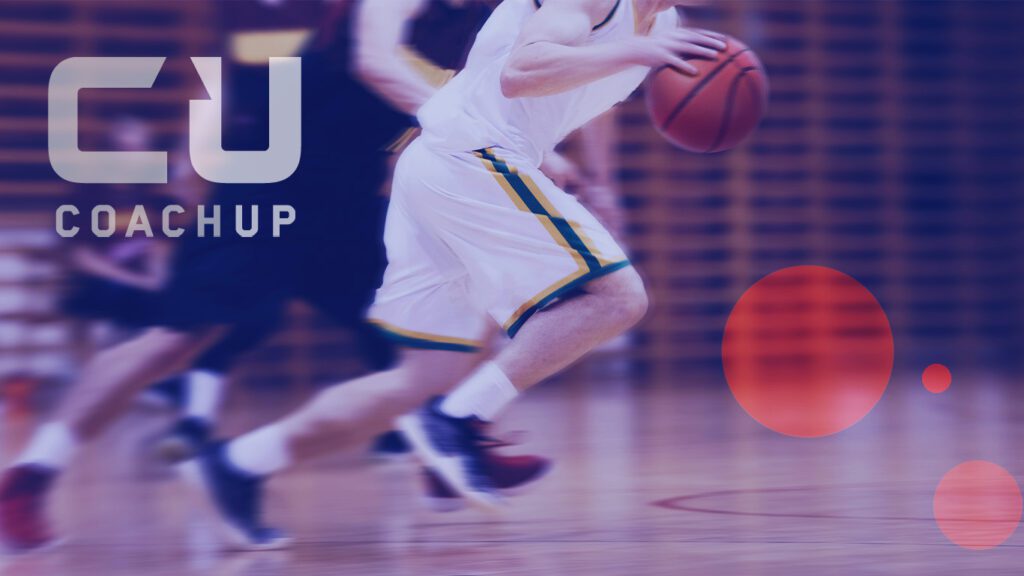When the NCAA officially opened the transfer portal in 2018 to manage and facilitate athletes seeking a transfer, they opened the door to a new day in collegiate competition. The ease of access to transfer opportunities among athletes in college was unprecedented, and put a unique twist on the recruiting process. In days of old—and for many still today—the ideal recruiting process ends in finding the perfect home for the next four to five years. The reality of collegiate sports as a business, however, is easily dismissed en route to that final result. Players and coaches are leaving schools for greater financial opportunities and heightened chances at proving their ability at rates that have never before been seen. So how can a parent help their athlete navigate the recruiting and transfer process throughout their collegiate journey?
How can parents help their athletes in recruiting?
One common misconception is that the recruiting process is exclusively organic. Many folks believe that players get seen by scouts just by going out and playing. Of course, paying at showcases and camps helps athletes to gain exposure, and attending such events creates opportunity, but that is just one basic avenue to create contact with college coaches.
Whether or not reaching out to coaches on your athlete’s behalf is the right thing to do is subjectively unique to each situation, but as a parent, you can at least encourage them to reach out directly themselves. There was a recent submission to the CoachUp Q&A in regards to the appropriateness of high school athletes directly contacting college coaches. The simple answer is that it is completely acceptable. College coaches only have so much time that they can dedicate to recruiting, and there are no rules against them fielding communication from interested athletes.
Your athlete may think it would be better for their high school or private coach to reach out to potential future coaches for them, but taking initiative may be the best thing for their future. Helping them to write the best message and assisting them in compiling film or highlights to send off is a great way for parents to help in the recruiting process. Furthermore, the prospect of contacting coaches on their own is an early exposure for young athletes to the professional world which awaits them after their collegiate career. This self-initiated recruiting tactic is quite similar to submitting an application to a job. Parents can help their athlete compile a professional looking and effective sports resume, which will be a useful practice in the future.
What is a parent’s role in the transfer process?
The transfer portal created the opportunity for athletes to leverage their success in one program into new situations that may be more conducive to their future success. It is a somewhat controversial topic, as many parents and coaches put stock into loyalty and perceive transferring as “quitting.” The true benefit of the transfer portal is unique to each athlete, and parents can help decipher whether utilizing it is best for them long-term.
At the end of the day, much like any adult at a job, if an athlete has one foot out the door of their current program it will be difficult to talk them out of leaving. As a parent, the best thing that you can do in this instance is to help clarify the pro’s and con’s of either decision. It is not your choice to make, so try to keep emotion towards the situation minimal. Simply offering your opinion and full support in this time is best.
Not all athletes will transfer or even consider it, and the odds of this situation coming up for you may be slim. It still doesn’t hurt to give it some thought and to prepare for what may lie ahead in your athlete’s journey.

CoachUp is partnered with NCSA College Recruiting service. Log into your player profile, and submit your information here to expand exposure in your recruiting process today!
How useful was this post?
Click on a star to rate it!
Average rating 4.8 / 5. Vote count: 12
No votes so far! Be the first to rate this post.





One Response
I heard that some football camps are not good for athletes because the camps sells the athletes information to schools. But only the athletes that perform at a particular level will have their information provided to schools.
1. Is this true?
2. If it is true, outside of the personal experience for the athlete, is it even worth going to those camps?
3. How do you know which camps to stay away from?